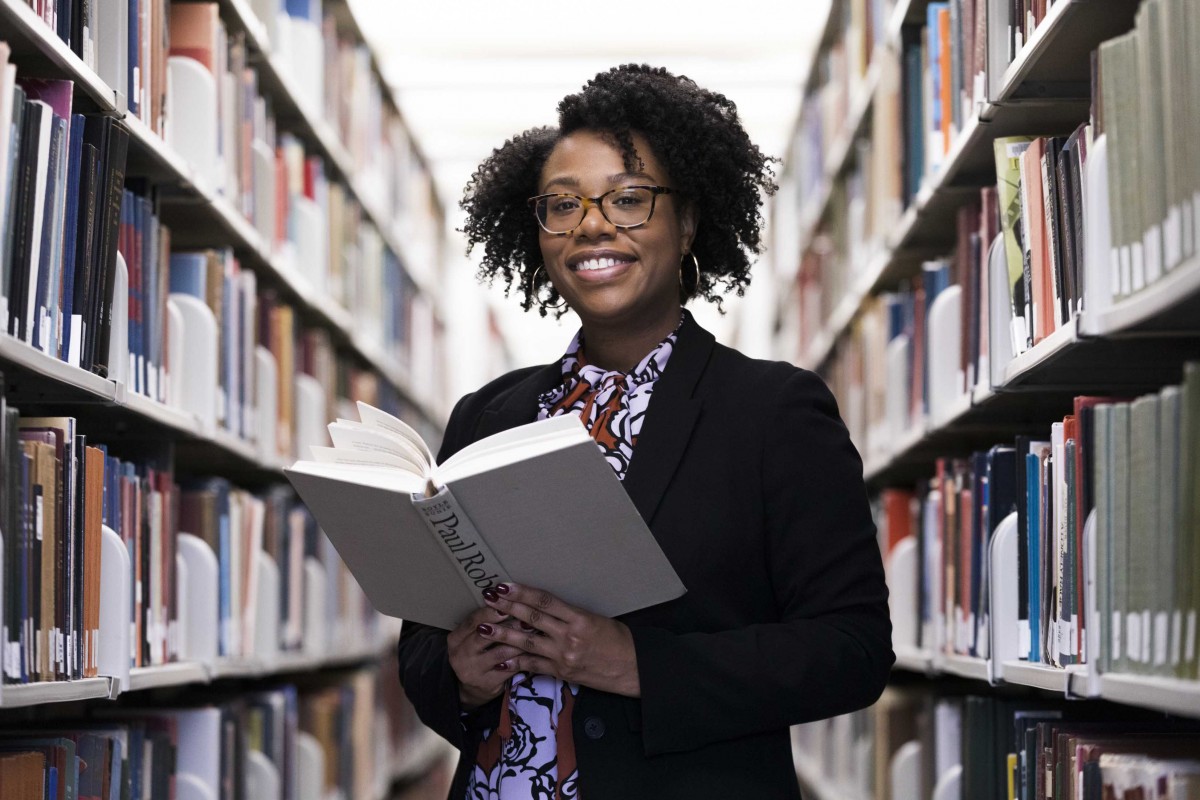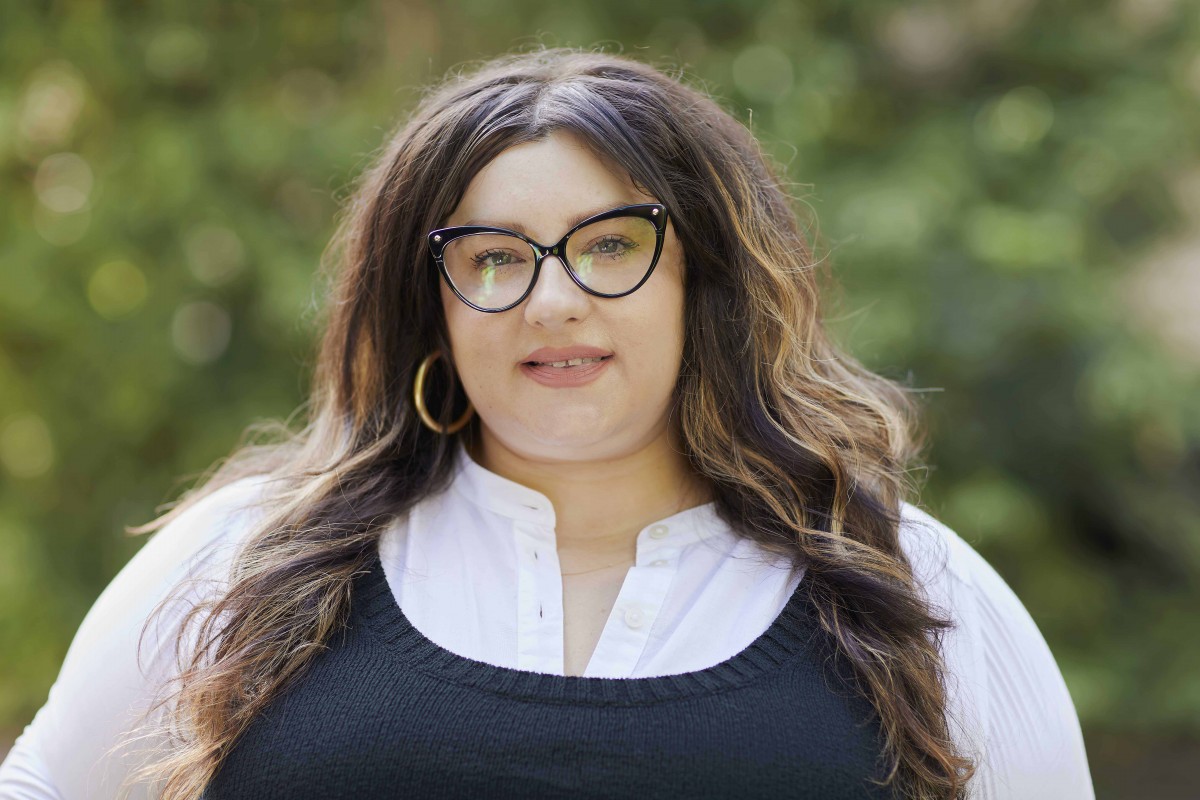More than a seat at the table: Initiative aims to hire diverse faculty

As an undergraduate, Miya Carey never imagined a career as a historian until she took her first history course from a Black female professor.
Now a Presidential Postdoctoral Diversity Fellow, Carey received mentorship throughout her education from Black women in the history field. Without them, she said, it’s unlikely that she would be teaching at Binghamton University today.
Public universities are diverse spaces, drawing students from a wide range of backgrounds in terms of race, gender, ethnicity, sexual orientation, religion, ability and more. But in the State University of New York (SUNY) system, a major gap yawns between the diversity of the student body and the faculty who instruct them.
In fall 2018, 28.5% of SUNY students came from underrepresented minorities, compared to just 8.6% of faculty. That gap is only expected to worsen unless campuses take measures to overhaul their hiring processes, according to SUNY.
To encourage the hiring of diverse faculty, former Harpur College of Arts and Sciences Dean Elizabeth Chilton proposed a cluster hire centered on “Critical Studies in Race and Inequality,” with a particular emphasis on scholars who are deeply connected to and integrated into the communities they study. As a practice, cluster hires seek out prospective faculty members based on their involvement in and shared commitment to a multidisciplinary research area that is meaningful to communities of color and likely to attract a diverse pool of candidates
Initiatives such as the cluster hire can spark discussion as to department priorities. Many times, departments seek to hire individuals with a particular academic area or focus, explained Harpur College Professor and Associate Dean Nancy Um.
“Diversity is also an intellectual imperative. This needs to be part of our set of goals,” she said. “These are programs that work to both diversify and fortify our faculty.”
Initially, Harpur searched for three positions in sociology, English and psychology, hiring Leigh-Anna Hidalgo for the first slot. Searches for the other positions were cut short due to the sudden constraints on travel and interviewing brought about by the coronavirus pandemic. A search for the psychology position, which will be shared with Africana Studies, will move forward this year.
Looking forward, Harpur will also appoint Carey to an assistant professorship when her fellowship expires in 2021. The postdoctoral fellowship, which can lead to a tenure-track position, allows Binghamton to recruit highly qualified candidates for research and scholarship in disciplines that have found it difficult to attract a diverse faculty. Incoming Presidential Diversity Postdoctoral Fellows for 2020-2021 include Kuwanna Pietras-Dyer in geological sciences and Mateo Duque in philosophy.
“There is great value in having students from underrepresented groups see someone who looks like them standing at the front of the classroom. And while it’s important to give underrepresented groups ‘a seat at the table,’ that’s just the first step,” Carey said. “The life experiences and perspectives that underrepresented faculty bring to the table have the power to highlight and influence institutional change, which is necessary for true equity for all.”
Hidalgo, an assistant professor in sociology, will teach Latinx Life and Justice in the City, a class that explores the impact of issues ranging from gentrification to policing practices, and Informal Cities, a course on the informal economy that includes day laborers, domestic workers, street vendors and similar occupations.
Hidalgo researches the informal economy, drawing on her own childhood experience of working alongside her father, a Central American immigrant.
Carey’s research also fits the theme of Critical Studies in Race and Inequality, and she is currently turning her doctoral dissertation on Black girlhood in Washington, D.C. from the 1930s through the 1960s into a book manuscript. As a postdoctoral fellow, she is teaching courses in Race and Childhood in America and African-American Women’s History; she plans to continue to teach these subjects as an assistant professor, along with others related to African-American history, gender and race, and race and childhood.
Hidalgo is proud to be the first faculty member hired under the cluster hire initiative, which she hopes will expand. As a public university system, SUNY must have a commitment to diversity in all its manifestations, she said.
“Public universities need to reflect the public. Everyone is putting money into the pot to make these public universities happen,” Hidalgo said. “When we have initiatives like this, we have the potential to bring in new types of knowledge and that’s the ultimate goal for the University.”

